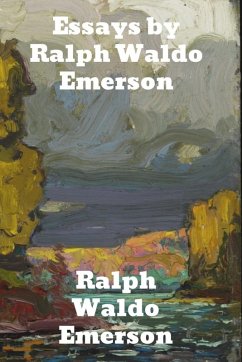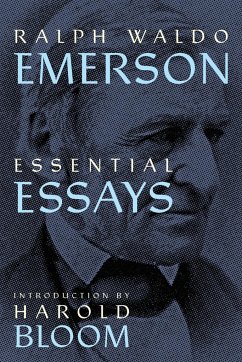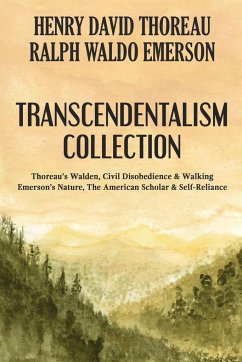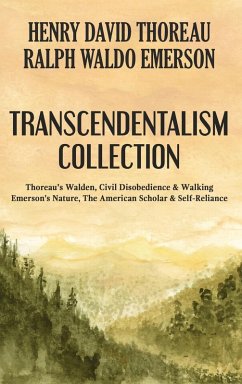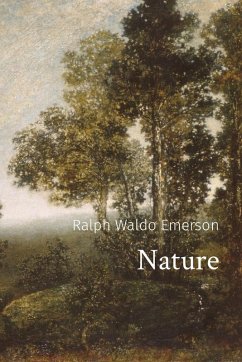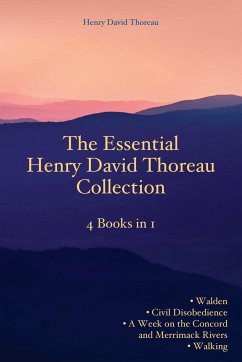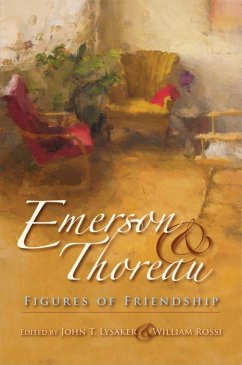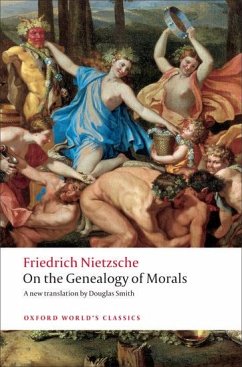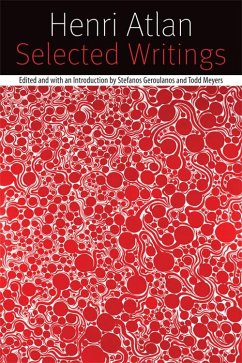
Ralph Waldo Emerson Selected Essays and Lectures Collection
Nature, The American Scholar, Essays: First and Second Series, Representative Men, English Traits, The Conduct of Life
Versandkostenfrei!
Versandfertig in 1-2 Wochen
37,99 €
inkl. MwSt.

PAYBACK Punkte
19 °P sammeln!
A collection of seven most notable works from the father of American transcendentalism, Included in this collection:Nature, Emerson divides nature into four usages-Commodity, Beauty, Language, and Discipline. These distinctions define the ways by which humans use nature for their basic needs, their desire for delight, their communication with one another, and their understanding of the world. The American Scholar, is a Speech, it was organized into four sections that detail the current issues with man and lays out the road to becoming an American scholar. Essays: First Series, is a series of e...
A collection of seven most notable works from the father of American transcendentalism, Included in this collection:Nature, Emerson divides nature into four usages-Commodity, Beauty, Language, and Discipline. These distinctions define the ways by which humans use nature for their basic needs, their desire for delight, their communication with one another, and their understanding of the world. The American Scholar, is a Speech, it was organized into four sections that detail the current issues with man and lays out the road to becoming an American scholar. Essays: First Series, is a series of essays written by Ralph Waldo Emerson, published in 1841, concerning transcendentalism. Essays: Second Series, is a series of essays written by Ralph Waldo Emerson in 1844, concerning transcendentalism. Representative Men, is a collection of seven lectures (including on Plato, Emanuel Swedenborg, Michel de Montaigne, William Shakespeare, Napoleon, Johann Wolfgang von Goethe) by Ralph Waldo Emerson, published as a book of essays in 1850. English Traits (including his essays on land, manners, truth, character, art and more of the English nation and its people) The Conduct of Life, is a collection of essays by Ralph Waldo Emerson published in 1860. In this volume, Emerson sets out to answer "the question of the times:" "How shall I live?" It is composed of nine essays, each preceded by a poem. These nine essays are largely based on lectures Emerson held throughout the country, including for a young, mercantile audience in the lyceums of the Midwestern boomtowns of the 1850s.





